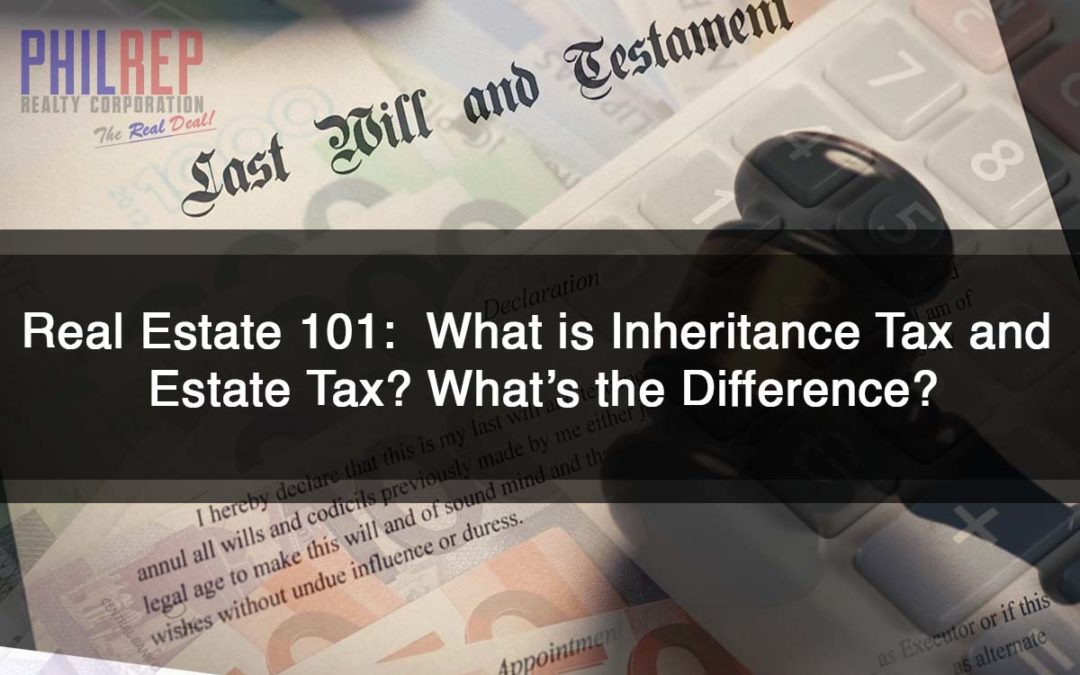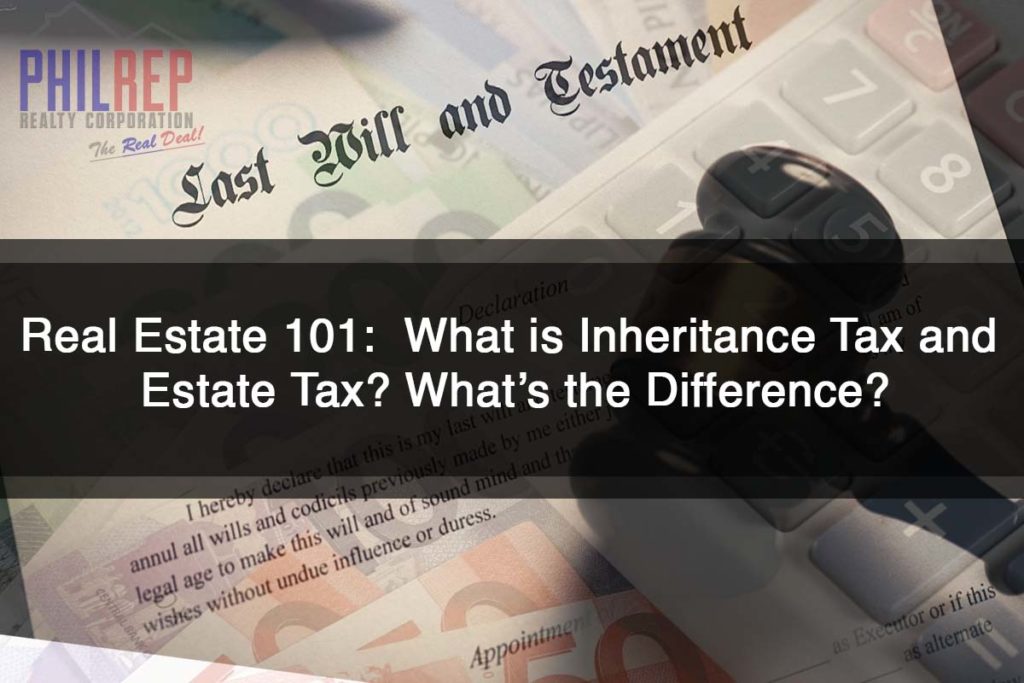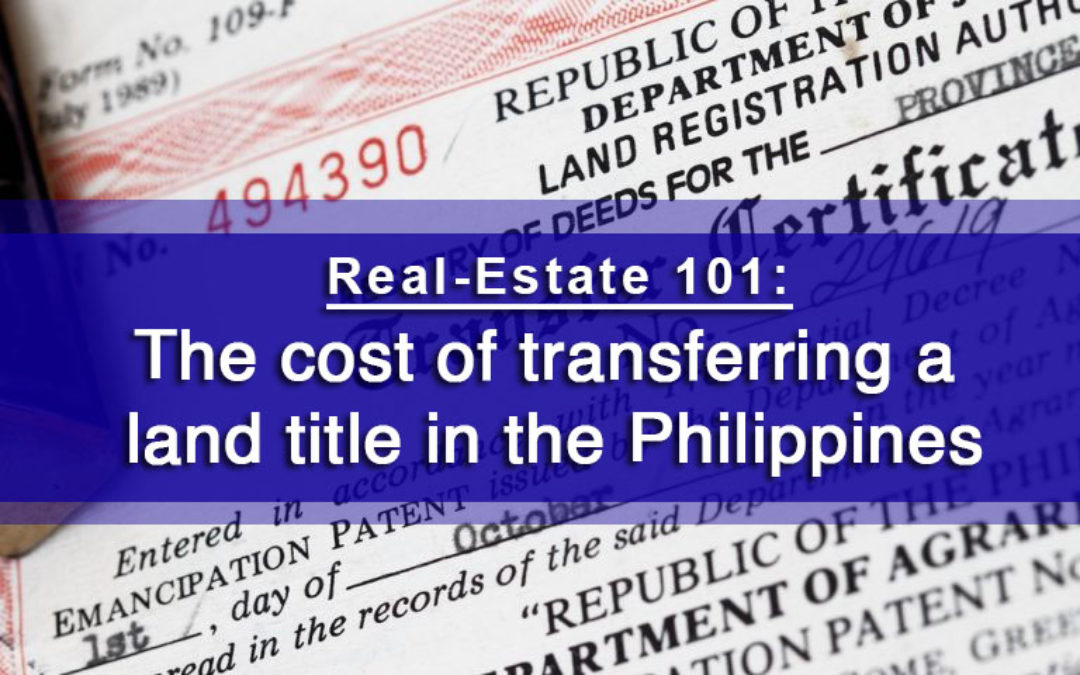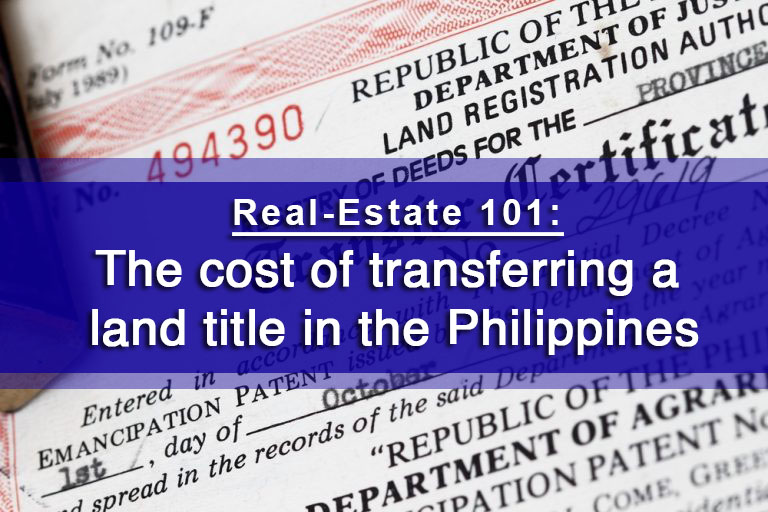
by Doah Sto. Tomas

The onset of the pandemic in 2020 had a significant impact on the Philippine economy. It saw the rise of remote workers and the acceptance by various industries (albeit begrudgingly) of the importance of giving knowledge workers the ability to work from home. It was a tidal wave of hardship for many, and a multitude of businesses had to scramble to adapt to the so-called “new normal” where contactless transactions became a top priority as face-to-face transactions became the last option for many.
The Electronics and BPO industries largely stayed in place in the Philippines, but one particular sector of the BPO industry was impacted to such a degree that it ensued in a mass exodus. POGOs (Philippine Offshore Gaming Operators) were not immune to this sudden change brought on by the global pandemic. A huge influx of POGO companies became prevalent in 2018 as PAGCOR (Philippine Amusement and Gaming Corporation) announced that there were over 55 POGO licenses issued to e-casinos and sports-betting. POGOs quickly began setting up shop in the Philippines and saw a huge uptake in real estate sales and leasing. The pandemic upset that influx of ex-pats and profit overnight. Revenue from POGOs reportedly fell by nearly 25 percent in 2021.
PAGCOR cited a Commission on Audit report last June 2022 that a majority of the 2.3 billion pesos in uncollected income from POGOs was due to the pandemic. PAGCOR also stated that the said amount was the result of the gaming regulator’s intensive fight against illegal online gambling and drive to maximize collections.
From a real-estate industry perspective, POGOs have either vacated or left office spaces in an idle state which translates to approximately more than 800,000 square meters of unoccupied office space. If we take the most recent price point of 1,200.00 Pesos per square meter, the property market would be dropping over 1 billion Pesos in revenues a month, or over 12 billion Pesos in the span of a year. This also means the Philippine government would be missing out on the 12 percent VAT from office spaces rented by POGOs.
PAGCOR disclosed that many POGOs asked for the cancellation of their gaming licenses as they struggled to keep their operations afloat. The resulting lockdown from the pandemic stopped them from resuming activities as many foreign workers could not enter the Philippines due to border restrictions. Many of the exit interviews with POGOs revealed that operations relocated to our neighbors in Cambodia, Laos, Vietnam, and even as far as Dubai.
With the easing of pandemic-related restrictions and no further indications of another lockdown in 2022, projections point to the recovery of the property sector and the recovery of POGO operations in the Philippines. Indicators include the quicker-than-expected pace of recovery in the hotel sector. Condominium uptake is also expected to surpass 2021 figures. Colliers Philippines associate director for research Joey Roi Bondoc said that hotel occupancies in Metro Manila in the first half of 2022 reach 47 percent, higher than the 44 percent occupancy rate recorded in the second half or 2021. This can be attributed to the gradual return of business travel where investors start to conduct due diligence, and local guests and visitors from other countries start to increase their spending on leisure. The “staycation” market also saw a rise in the months of April to June 2022. As far as the office space market is concerned, Colliers Philippines was also bullish as it projected that office space supplies would revert to pre-POGO levels. Although POGOs are expected to either resume their leases on the office spaces they left vacant or look for new locations to set up shop. On a broader scope, more and more office spaces will be occupied as more traditional businesses are implementing RTO (Return To Office) and outsourcing firms continue their plans for expansion. Rentals are also expected to rise in 2023. Lastly, demand for condominiums and other residential properties in Metro Manila is also expected to rise as projections for the second half of 2021 and the first half of 2022 were already surpassed. Many companies are also expected to support hybrid work setups where employees can work from home and also report to the office on certain days of the week. Many responsible companies are now putting into high consideration the safety and well-being of their employees and a hybrid work setup has significant advantages for both company and employees. This is also being supported by the government’s push to finish infrastructure projects specifically related to transportation and railways. Support for digital businesses is also going to play a big role in the expansion of data centers. All of this taken into account will encourage businesses to operate close to pre-pandemic levels. Ultimately, all of this is good for the real estate industry.

by Doah Sto. Tomas

Project Selling and General Brokerage Comparison
You’re determined to break into the real estate industry. Good for you! But as you learn more about the industry, you hear terms like Project Selling and General Brokerage and wonder if there’s really a difference. We’ve created a simple table below to help you decide where you really think you are better suited. Here’s a breakdown of the difference between the two:
In this table, we focus first on the differences from the perspective of an agent:
| Salesperson – Project Selling |
Salesperson – General Brokerage |
| If working for a developer, they are usually referred to as “in-house agents” |
Normally referred to as “property specialists” or “real estate salespersons” (if PRC-licensed) |
| Generally given an allowance |
Generally, earns on commission basis only |
| Usually assigned a sales quota |
Normally does not have a sales quota |
| Works in an office with regular working hours |
Flexible working hours. Can work in an office or from home (depending on the arrangement with the broker or realty corporation) |
| Can either be regular or contractual employees |
Generally, no employee-employer relationship exists between the agent and the broker |
| Work is normally limited to selling. Documentation and transfer of titles is done by the developer |
Generally more experienced than in-house agents as they know how to take care of the documentation and registration for the buyer and seller. |
|
If assigned to a broker working for a specific developer (i.e. an in-house broker), agent is usually limited to selling property of the developer only.
If assigned to a broker that works for (or owns) a realty corporation that is accredited with multiple developers, agent can sell properties of developers the broker is accredited with (i.e. “sell-all”)
|
|
Entitled to commissions
|
| If under an in-house broker, commission rate is dictated by the developer.If under a “sell-all” broker, commission rate will vary per developer |
Rate is dependent on agreed arrangement with broker (rates are usually higher) |
| Must obtain DHSUD ( formerly known as HLURB) accreditation, regardless if agent is doing project selling or “sell-all”. |
Not required to obtain DHSUD ( formerly known as HLURB) accreditation as long as properties being handled are FSBO (For Sale By Owner). Otherwise, both broker and agent must secure accreditation in order to do project selling. |
| Must be assigned to a licensed broker in order to be able to sell properties |
| Under RESA law (RA 9646), a person can only be called a “real estate salesperson”, if they obtain a PRC (Professional Regulation Commission) license and is assigned to a licensed broker |
Next, let’s look at project selling and general brokerage from a broker’s point of view:
| Broker – Project Selling |
Broker – General Brokerage |
| Must pass the broker’s licensure exam in order to be PRC-licensed. Once the license has been issued by the PRC, the broker will be able to operate and manage a real-estate business, aside from selling and/or leasing properties. |
| Must undergo continuing professional education (CPD) courses |
| Answerable to the Real Estate Code of Ethics as required by the PRC |
| Must obtain DHSUD ( formerly known as HLURB) accreditation, regardless if broker is doing project selling or “sell-all”. |
Not required to obtain DHSUD ( formerly known as HLURB) accreditation as long as properties being handled are FSBO (For Sale By Owner). |
| If working for a developer, can only sell property of the developer.If working for a realty corporation accredited with multiple developers, can sell all properties the realty corporation is accredited with. |
Can sell / lease all types of properties.
In the case of project-selling, the broker (or realty corporation) should be accredited by the developer(s). |
| Usually assigned a sales quota |
Normally does not have a sales quota |
| Works in an office with regular working hours |
More flexible, can work from home. May optionally maintain an office if the broker owns the realty corporation. |
| Brokers have more freedom with their work arrangement with the developer or realty corporation.Does not have any employer-employee relationship with in-house agents. |
Generally, no employee-employer relationship exists between the broker and the agents |
| Work is normally limited to selling. Documentation and transfer of titles is done by the developer. |
More experienced than in-house agents/brokers in terms of general knowledge in real estate, as they know the required documentation and registration procedures for both the buyer and seller. They are more exposed to dealing with the BIR, the Assessor’s office, and the Registry of Deeds. |
| Entitled to commissions. Cannot share commissions with unlicensed real estate practitioners but can only give a “referral fee” instead. |
| If an in-house broker, commission rate is dictated by the developer.If a “sell-all” broker, commission rate will vary per developer |
Commission rates are typically anywhere from 3% to 5%. |
| Cannot use the salesperson of another broker without prior consent of the broker the agent is currently accredited with. |
Hopefully, this will give you a better idea where you would like to focus on. Some people like to have a narrow focus in what work they do. If you fall under this category, maybe project selling is better for you as a start, or if you simply want to get your feet wet in the real estate industry. But if you like to have variety in what you work with, and like taking on challenges, then general brokerage may just be up your alley.

by Doah Sto. Tomas

Real Estate 101: What is Inheritance Tax and Estate Tax? What’s the Difference?
There’s an old saying that’s been used countless times in movies and TV. The line goes something like, “There are two things you cannot escape in life: Death and Taxes”. In some countries, this is even referred to (colloquially) as “Death Taxes”. Definitely dark humor, but in reality, it has a ring of truth to it.
A large number of people work very hard to secure a good future for their loved ones and provide for all their needs. They may also hope to leave some kind of lasting legacy when the inevitable end comes. It can take many forms such as real estate, money, personal belongings of value (e.g. family heirlooms, jewelry, paintings, cars), or various assets that can be passed on to loved ones. This is all fine and good. Until the time comes for the lawful heirs to come claim their inheritance. This is when taxes rear their ugly head (as if the passing of a loved one wasn’t hard enough).
Anyone who has inherited something from someone who passed away by way of being included in a will may be required to pay inheritance tax. But before we can proceed, we need to define first what is meant by “estate”. Someone’s estate can include property, as well as everything else of value the deceased party owned at the time of death.
Inheritance Tax vs Estate Tax
Simply put, inheritance tax is a tax imposed by the government on the beneficiary of the inheritance (i.e. The person(s) receiving the asset or estate). This is in no way tax levied on the property itself, but rather, it is a tax on the transmission (or turn-over) of the estate of the deceased to one or more heirs. One of the most common questions that arise is “who pays the inheritance tax?”. Some countries put the sole responsibility of paying the inheritance tax on the lawful heirs, while the estate tax is paid out from the estate’s funds. However, in the Philippines, they are one and the same. From this point forward, we will be using Inheritance Tax and Estate Tax interchangeably since they really mean the same thing under Philippine law.
For example, if several beneficiaries are the recipient of a particular property (let’s say an office building), inheritance or estate tax will be computed for each beneficiary. This means that each beneficiary is responsible for paying for their own tax.
The estate tax return must be filed with the Bureau of Internal Revenue (BIR) if the gross value of the estate (consisting of registered property, vehicles, shares of stock, jewelry, money, etc.) has a gross value of more than Php200,000. That being said, it may actually make more sense to distribute inheritance before the time of death (which can sometimes be tricky, because death doesn’t abide by anyone’s schedule)
Non-resident inheritance tax
If any of the heirs are non-residents (i.e. migrate to another country), they also need to file an estate tax return. If the executor of the will lives in the Philippines, the estate tax return can be filed with an authorized agent bank of the specific Revenue District Office (RDO) where the executor lives. However, in case there is no executor in the Philippines, for example if the deceased was not a Philippine resident, then the tax return should be filed under the jurisdiction of RDO No. 39 South Quezon City.
How is inheritance tax computed?
So now we delve into the computation of the inheritance tax. The inheritance tax is computed against the net value of the assets included in the estate. The net value is sometimes referred to as the “gross estate”, which refers to all property including real property, personal property, tangible property (such as bonds or shares of stock), or intangible property (such as patents, trademarks or copyrights). Also. This is computed using the Fair Market Value (FMV) at the time of death. FMV is the reasonable price at which one could sell the estate to an interested buyer.
Since we already discussed non-resident inheritance tax, let’s also consider the possibility that the deceased wasn’t living in the Philippines (a non-resident, or not a Philippine citizen) at the time of death. Only the part of the gross estate that is situated in the Philippines is considered taxable.
This tax must be settled within six (6) months from the date of death before distribution of the inheritance to the beneficiaries can proceed. Otherwise, the beneficiaries may face penalties, unless an extension is granted by the commissioner. If you could prove to the commissioner that payment by the due date would impose undue hardship on the estate or any of the heirs, the due date could be extended up to 5 years if the case is settled through courts, and up to 2 years, if handled extrajudicially. In the Philippines, a graduated tax rate determines inheritance taxes. Estates with a net value of less than Php 200,000 are exempted from paying inheritance tax while those valued at a higher amount may be required to pay a tax rate of anywhere from 5% up to 20%. In general, late payments incur a 25% initial penalty and accrue 20% annual interest on the amount. If any fraud is involved, the amount leaps to 50%.
Is there any way to reduce the amount of inheritance tax?
This is another common question asked by beneficiaries of an estate. The most common method is to apply as many deductions on the inheritance tax as possible. This will lower the FMV of the estate, which can help put the value of the estate at a lower tax tier or threshold. It is always a good idea to examine which deductions can be applied to the estate. Below is a short list (i.e. not comprehensive) of deductions that might be applicable:
| Deduction |
What is this? |
| ELIT (Expenses, Losses, Indebtedness, and Taxes) |
Funeral expenses, other claims against the estate, judicial expenses of interstate proceedings, unpaid mortgages, claims of the deceased against insolvent individuals |
| Transfers for public use |
The amount of all bequests, legacies, devises or transfers to or for the use of the Philippine Government, or any political subdivision thereof, for exclusively public purposes |
| Family Home |
The lower number between the family home’s FMV or Php 1 million, and the family home must be certified by the barangay captain of the locality |
| Standard deduction |
The amount of Php 1 million |
| Medical expenses |
Expenses incurred by the deceased within a year prior to their death, which has to be supported with receipts, for a maximum deduction of Php 500,000. |
Estate Tax Amnesty
One of the most recent developments regarding tax amnesty at the time of this writing is the Tax Amnesty Act signed by President Rodrigo Duterte. This provides a 2-year period for taxpayers to settle estate tax obligations through a tax relief over properties with outstanding tax estate liabilities. The Tax Amnesty Act started on June 15, 2019, and will cover the unpaid estate taxes of any decedent who passed away on or before December 31, 2017.
Those with unsettled estate taxes starting from January 2018 to date can still benefit from the Estate Tax Amnesty through the amendments made under the TRAIN Law. It states that a tax rate of 6% will be imposed on the total net estate value of the decedent.
Useful Links:
Tax Amnesty Act – https://www.officialgazette.gov.ph/2019/02/14/republic-act-no-11213/
TRAIN Law – https://www.bir.gov.ph/index.php/train.html

by Doah Sto. Tomas

The cost of transferring a land title in the Philippines
We will be bringing you a series of articles that discuss commonly asked questions regarding real estate in general. One of the most commonly asked questions we encounter whenever we conduct trainings and orientation seminars for those interested to get into the real estate industry is “How much does it cost to transfer the land title”?
Buying property is generally considered one of the biggest steps a person can take in life, typically due to the large amount involved. But unlike other purchases that one can make, real estate is not something you can normally have by paying for in one quick transaction. Along with the property’s price are other expenses that come as part of the purchase. In this respect, the most important is perhaps the cost to transfer the land title.
For buyers or sellers, transferring the land title can prove to be a challenging experience. The paperwork involved and the fees that need to be paid can be daunting for first timers. With that said, let’s start off by discussing the fees associated with purchasing property. Let’s start off with the cost of transferring the land title. This fee needs to be paid whenever property is purchased, sold, donated or inherited. Having the land title under your name is very important as it serves as your proof of ownership of the property, regardless if you are a buyer, a donee or an heir. The absence of this document can lead to the ownership of your property being disputed. Therefore, it is imperative that you ensure the correct processing of this document. And one of the ways to ensure this is to pay all the required fees and taxes.
The following are the fees and taxes that you need to be aware of. The amount of these fees and taxes are based on how much the property cost at the time of the transaction or transfer:
- Any Unpaid Real Estate Taxes due – always check if the property you are buying has any unpaid real estate taxes particularly if you are buying property directly from the owner
- Capital Gains Tax (CGT) – this is computed as 6% of the selling price specified on the Deed of Sale or the Zonal value, whichever amount is higher
- Withholding Tax – this only applies when the seller of the property is a corporation (e.g. a land Developer)
- Transfer Tax (Local Treasurer’s Office) – this is tax imposed on the sale, barter, or any other method of transferring of the ownership or title of real property, at the maximum rate of 50% of 1 percent of a property’s worth (in the case of cities and municipalities within Metro Manila, this is 75% of 1 percent)
- Transfer Tax (BIR) – Transfer taxes may also be owed to the Bureau of Internal Revenue. If the property was donated, the Transfer Tax is in the form of Donor’s Tax. If the property was transferred via inheritance, this is in the form of estate tax.
- Documentary Stamp Tax – this is commonly set at 1.5 percent of the selling price, or the zonal value or fair market value, whichever is higher.
- Registration Fee – commonly set at 0.25 percent of the selling price, or zonal value or fair market value, whichever is higher.
- Commission of the Agent and/or Broker
- Incidental and miscellaneous expenses – typically any expense incurred in the registration process, such as notary fees, etc.
The total amount of all these fees and taxes is the cost of transferring a land title. As you can see, all these fees and taxes can quickly add up.
Now, closely related to this topic is another question often asked immediately afterwards: “Who should shoulder the Land Title Transfer expenses?”
The common practice in the Philippines is that the seller is responsible for the following:
- Capital Gains Tax
- Withholding Taxes
- Any unpaid real estate taxes that are due
- Commission of the Agent and/or Broker assisting in the completion of the transaction
The buyer on the other hand, takes care of the following:
- Documentary Stamps
- Transfer Taxes
- Registration Fees
- Incidentals and miscellaneous expenses incurred in the registration process
This arrangement is considered standard practice. But in other cases, the buyer and seller can also mutually agree on who pays for what during the negotiation period, when the Deed of Sale (a.k.a. Deed of Absolute Sale) has not been signed yet. This document shows the legal transfer of real estate property ownership and is submitted to the Registry of Deeds for filing after the buyer pays the Documentary stamps, transfer tax and registration fees for the aforementioned Land Title Transfer.
As you can see, the entire process and everything involved can prove to be very burdensome to both buyer and seller. Since most buyers are willing to pay millions to buy property, it is sometimes worth it to engage a company that specializes in land title transfers in order to take the burden away from the buyer and seller. This also ensures that the transfer is done correctly and completely.

by Doah Sto. Tomas

Mortgage Redemption Insurance or MRI is a type of Life Insurance required by Banks and other Lending Institutions when you apply for a Home Loan. An MRI pays off the outstanding mortgage balance of the borrower in case of his or her death or total disability.
While there are those who do not see the need for an MRI, as it supposedly just adds to the money that needs to be shelled out. The purpose of an MRI is two-fold: First, it protects the bank – the MRI guarantees that the bank will be paid back the amount that was lent out. Therefore, the bank or lender does not have to sequester the house from the borrower’s surviving family. Secondly, it protects the borrower’s surviving family – the MRI helps settle the outstanding house loan amount so that the borrower’s surviving family does not have to worry about how to pay off the outstanding loan amount.
Whenever you make a significant investment, you need to protect it via insurance. To be clear, MRI is not like fire insurance which is typically an add-on to your property insurance, or insurance that includes protection from Acts-of-God. Hopefully, You now have a better understanding of MRI and how it is different from fire insurance.
Should you have any other real-estate related questions, please feel free to comment or email your questions to broker.doah@philrep.com.ph










